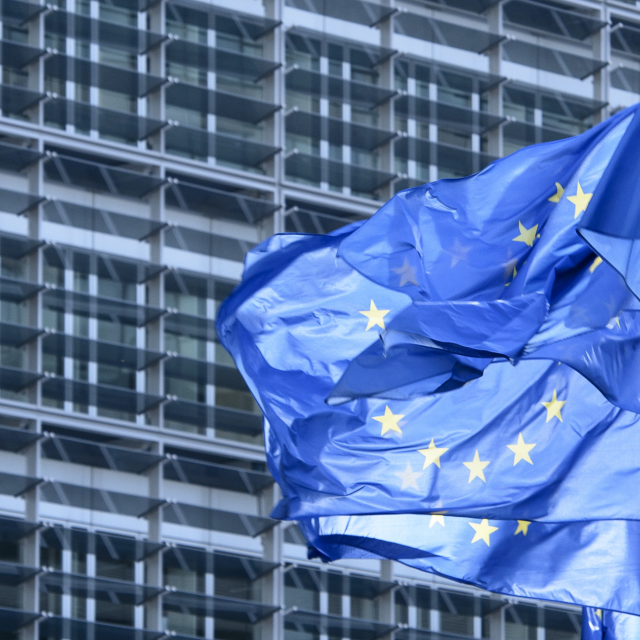The Commission has adopted three new initiatives in education, research and innovation, to accelerate the twin green and digital transitions, support Europe’s recovery from the societal and economic impact of the coronavirus crisis, and strengthen its resilience against future crises.
With the aim of achieving a European Education Area by 2025, the Commission is proposing new initiatives, more investment and stronger cooperation between Member States.
This enhanced cooperation can, says the EC, further enrich the quality, inclusiveness, green and digital dimension of Member State education systems.
The 2021-2027 Digital Education Action Plan also proposes stronger cooperation between Member States for a high-performing digital education ecosystem, with enhanced competences and connectivity for the digital transformation.
With the new European Research Area that is based on excellence, openness and competiveness, the Commission is setting out strategic objectives and actions to be implemented in close cooperation with the Member States: prioritise investments and reforms in research and innovation, improve access to excellence for researchers across the EU and enable research results to reach the market and the real economy.
In addition, the new European Research Area will further promote researchers’ mobility, skills and career development opportunities within the EU, gender equality, as well as better access to publicly funded peer-reviewed science.
Responding to the digital plans, Joakim Reiter, Group External Affairs, Vodafone Group, said:“Digital education and skills are no longer ‘a nice to have’.
“The COVID-19 pandemic has proven that digital literacy is critical to Europe’s economic wellbeing and societal resilience. The resulting lockdowns created the largest disruption of education systems in history. “
“Nearly 1.6 billion learners in more than 190 countries across the globe have been affected and unless we intervene strongly, the pandemic will further deepen pre-existing education divides by reducing the learning opportunities for many of the most vulnerable children living in poor or rural areas, girls, refugees, or persons with disabilities.”
“During the crisis, digital skills proved to be even more essential: for healthcare staff, the emergency services, public servants, students and teachers, as well as all of those who suddenly had to transition to working from home, many for the first time. This digital transformation will only accelerate, and it is vital that we create an holistic education and skills programme so that all sections of society can benefit. ”
“Therefore the publication of the EU’s Digital Education Action Plan is a step in the right direction, but these words now need to be turned into concrete actions that will have a real impact on citizens’ health, wellbeing and prosperity.”




